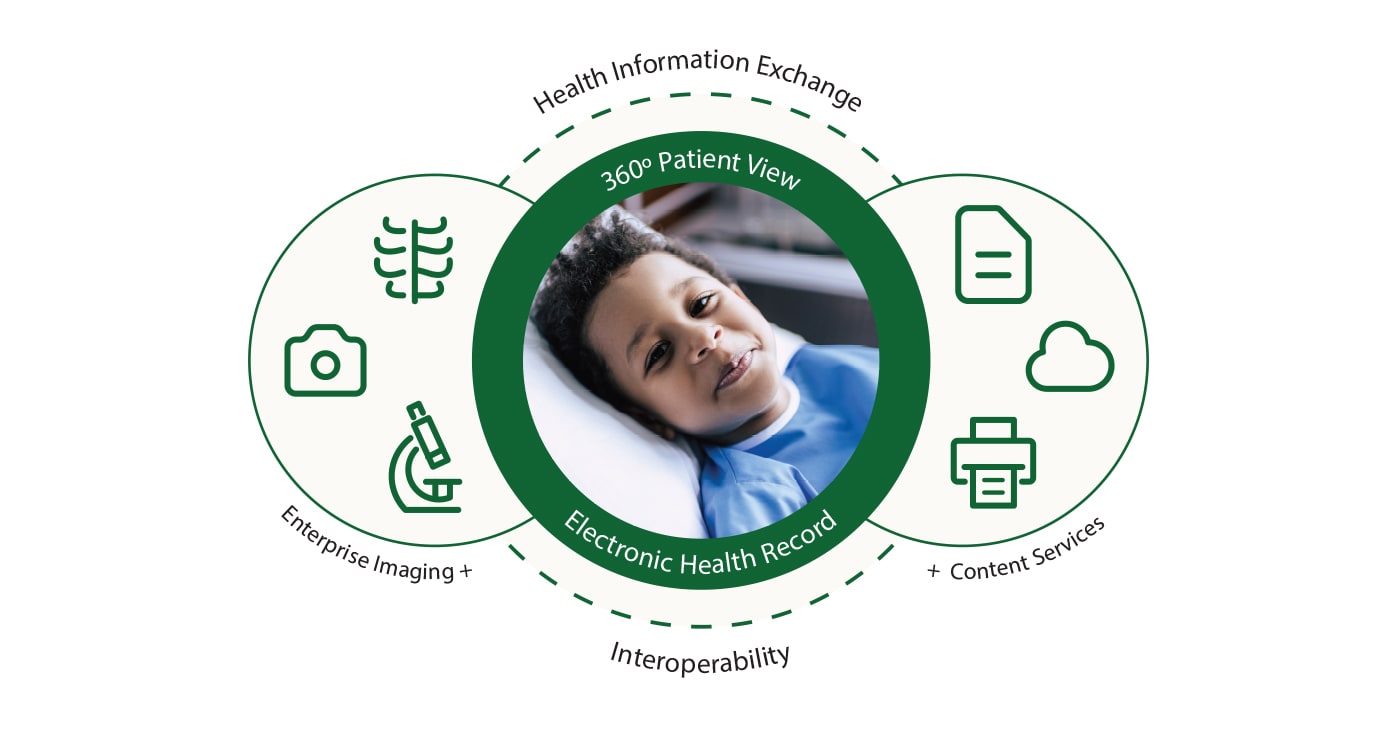Healthcare RCM Equipments to Optimize Revenue and Reduce Rejections
Healthcare RCM Equipments to Optimize Revenue and Reduce Rejections
Blog Article
Recognizing the Role of Medical Care RCM in Enhancing Economic Efficiency and Client Contentment
Browsing the complexities of Medical care Income Cycle Management (RCM) is essential for achieving optimal economic efficiency while all at once raising patient complete satisfaction. As we explore the transformative possibility of RCM, inquiries regarding its tactical execution and future developments bid, appealing insights that can redefine sector requirements and patient experiences alike.

Trick Components of RCM
In the complex landscape of health care, Earnings Cycle Administration (RCM) is crucial in ensuring monetary stability and functional efficiency. A detailed RCM system includes several crucial components, each playing a crucial duty in the smooth administration of a doctor's financial procedures. Person enrollment and qualification verification are foundational actions, making sure that exact individual info is caught and insurance coverage is validated prior to solutions are rendered. This decreases the threat of claim denials and speeds up the compensation process.

Fee capture is one more necessary element, including the exact recording of solutions provided to clients. It ensures that all billable services are accounted for, thus making best use of revenue capacity. Simultaneously, medical coding translates patient encounters right into standardized codes, which are essential for billing and regulatory compliance.
Cases entry and management adhere to, including the preparation and entry of insurance claims to payers. This procedure needs thorough interest to detail to minimize errors and protect against delays. Rejection management is a proactive strategy to attend to and settle refuted cases, securing profits streams.
Finally, settlement uploading and client collections complete the cycle, making sure repayments are accurately videotaped and superior balances are sought. Together, these components form a robust structure that sustains the economic and functional wellness of medical care organizations.
Influence On Financial Performance
Effective Earnings Cycle Monitoring (RCM) significantly affects a medical care organization's financial performance by optimizing capital and lowering revenue leakage. RCM includes the extensive payment and collection processes that ensure medical care suppliers efficiently manage their economic deals from client registration to final payment. By streamlining these procedures, organizations can minimize rejected claims, expedite repayment cycles, and boost total economic health and wellness.
Financial efficiency is improved with meticulous management of invoicing treatments, which includes accurate coding and prompt entry of cases. This decreases the possibility of case denials and beings rejected, which can substantially prevent revenue flow if not dealt with promptly. Additionally, integrating advanced modern technology options assists in real-time tracking of cases and economic metrics, offering healthcare administrators with the tools necessary to make enlightened strategic choices.

Enhancing Client Satisfaction
While optimizing monetary efficiency is a key goal of Profits Cycle Administration (RCM), it likewise plays a pivotal function in enhancing client fulfillment. By minimizing management burdens, RCM allows health care providers to concentrate extra on client care, which directly boosts individual fulfillment.

RCM also enhances person satisfaction through effective interaction. By maintaining a detailed data source of patient information, RCM his explanation facilitates boosted interaction in between individuals and medical care suppliers, guaranteeing clients really feel informed and valued.
Approaches for Effective RCM
Attaining effective Revenue Cycle Monitoring (RCM) calls for health care companies to apply a set of calculated methods that make certain financial security and functional effectiveness. One vital method is the adoption of technology-driven solutions, such as incorporated software application systems that streamline invoicing processes, reduce mistakes, and boost information precision. These systems make it possible for real-time monitoring of economic metrics, permitting timely recognition and rectification of ineffectiveness.
An additional technique is the standardization of processes throughout the profits cycle. Healthcare RCM. This entails developing regular plans for client enrollment, insurance policy verification, and asserts processing. By making sure that all team stick to these requirements, companies can decrease disparities and expedite repayment collections
Team training and growth also play a pivotal duty in more info here reliable RCM. Trained personnel can effectively navigate complex billing procedures and laws, boosting and decreasing denials capital. Routine updates on plan modifications and finest methods aid preserve a knowledgeable and proficient labor force.
Future Trends in RCM
As medical care companies boost their Profits Cycle Administration (RCM) approaches with modern technology and standard procedures, focus is now turning in the direction of the future trends shaping this vital location. One substantial pattern is the assimilation of artificial knowledge (AI) and artificial intelligence to automate complex tasks, such as insurance claims refining and anticipating analytics. These technologies are expected to reduce mistakes, increase transaction times, and supply data-driven insights for much better decision-making.
In addition, the shift in the direction of value-based care remains to influence RCM methods - Healthcare RCM. Doctor are anticipated to significantly concentrate on patient end results and complete satisfaction, necessitating RCM systems that can accommodate new compensation models. This change will certainly need more thorough information collection and analysis to efficiently measure and report on performance metrics
Interoperability is an additional emerging priority, as seamless information exchange between inconsonant systems ends up being important. Enhanced interoperability will promote even more precise person information my site sharing, decreasing administrative worries and improving the client experience.
Verdict
Health Care Income Cycle Administration (RCM) dramatically influences both monetary performance and person fulfillment by optimizing payment processes, ensuring specific coding, and enabling punctual cases entry. Reliable RCM reduces profits leakage and speeds up capital, minimizing claim denials and quickening settlements. This performance promotes count on and complete satisfaction among patients. RCM systems also assist in far better communication and versatile repayment alternatives, creating a patient-centered experience. Future RCM patterns will likely concentrate on more incorporating modern technology to enhance these advantages.
Navigating the intricacies of Healthcare Income Cycle Management (RCM) is essential for attaining optimum economic performance while simultaneously boosting person satisfaction. RCM incorporates the detailed payment and collection processes that ensure healthcare carriers successfully handle their economic transactions from client registration to last payment. By decreasing administrative worries, RCM enables health care suppliers to focus more on person care, which straight improves person complete satisfaction.
By preserving a detailed data source of patient information, RCM promotes improved communication between clients and health care service providers, ensuring individuals really feel informed and valued.Health Care Income Cycle Monitoring (RCM) significantly influences both economic performance and person satisfaction by maximizing payment procedures, ensuring specific coding, and allowing prompt insurance claims entry.
Report this page